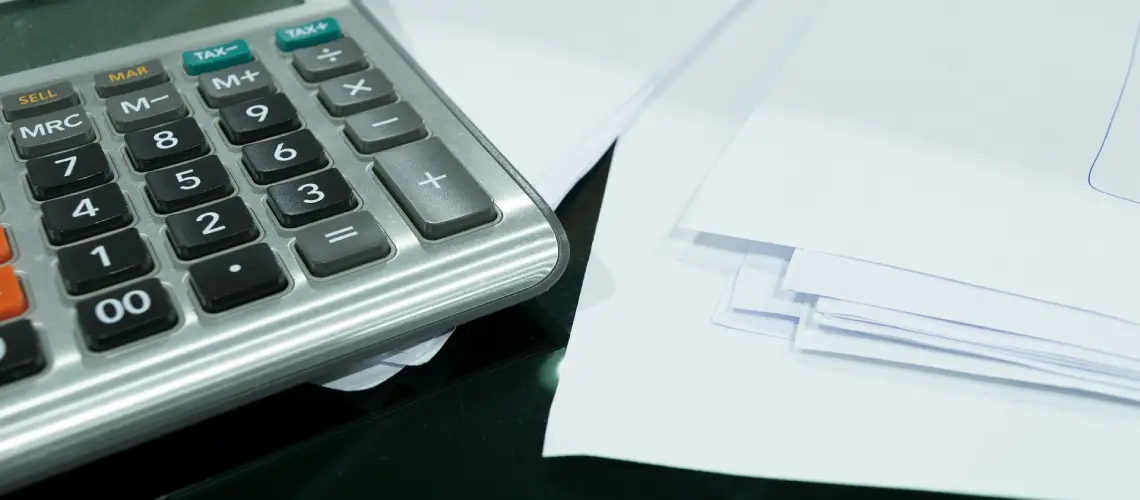If you own investment property, vacant land, or commercial real estate in New South Wales, you may be liable for land tax. Land tax is calculated based on the unimproved land value of your holdings, as assessed by the NSW Valuer General.
Understanding how land tax valuation works is essential for planning your finances, checking your assessments, and minimising unnecessary tax liability. This article explains how land tax is calculated in NSW, how valuations work, and what you can do if you believe your assessment is too high.
What Is Land Tax in NSW?
Land tax is an annual tax charged on the value of land you own in NSW that is not exempt (e.g., your principal place of residence). It is administered by Revenue NSW and is based on the total taxable value of your land holdings as of midnight on 31 December each year.
What Properties Are Subject to Land Tax?
You may be liable for land tax on:
- Investment properties
- Vacant residential or commercial land
- Holiday homes
- Commercial or industrial sites
- Units held in trusts or companies
Your primary residence is usually exempt, as are some farms and special-use properties.
How Is Land Tax Calculated in NSW?
Land tax is based on the unimproved land value (not the total market value) and calculated using the average value over the past three years. The formula is:
Land Tax Payable = (Total Land Value – Threshold) × Rate + Base Amount
As of the 2024 tax year:
- General threshold: $969,000
- Premium threshold: $5,925,000
- Tax rate: 1.6% above threshold, plus 2% above premium threshold
- Base tax amount: $100 (general), varies for premium
These thresholds are updated annually.
Who Provides the Land Valuation?
Land values are determined by the NSW Valuer General, not real estate agents or private valuers. The value represents the amount the land could sell for, vacant and unimproved, at 1 July of the previous financial year.
These values are published in your land tax assessment notice and available online via the Valuer General’s website.
Why Your Property Valuation May Affect Your Land Tax
- If your land value increases beyond the threshold, you become liable for land tax
- If your land value rises sharply, your tax bill may increase—particularly if you own multiple lots
- If the land value appears unusually high compared to sales, you may be overpaying
It’s important to check the land value listed in your notice and compare it with recent land-only sales in your suburb.
How to Check or Dispute Your Land Tax Valuation
If you believe your land has been overvalued, you can:
- Check your land value online at valuergeneral.nsw.gov.au
- Compare with similar vacant land sales
- Lodge an objection within 60 days of receiving your notice
Objections can be submitted via the Valuer General’s online portal and must include evidence such as:
- Recent comparable land sales
- Site-specific restrictions or zoning issues
- Easements or environmental constraints
- Documentation showing incorrect lot details
What Happens If You Successfully Object?
- Your land value may be reduced, lowering your tax bill
- Revenue NSW may issue a revised land tax assessment
- The updated value may apply for future assessments as well
If you’re unsuccessful, you can request an independent review or appeal the decision through the NSW Civil and Administrative Tribunal (NCAT).
Land Tax and Trust Ownership in NSW
If you own property through a trust, different rules apply:
- Trusts are taxed at the premium rate unless you notify Revenue NSW and disclose the beneficial owner
- Discretionary trusts may face higher land tax
- You must submit a declaration form annually to avoid default rates
Getting legal advice is essential if you hold property through complex structures.
Strategies to Manage or Minimise Land Tax
- Purchase property below the threshold (or spread across states)
- Consider ownership structures to optimise exemptions
- Lodge objections where land value is inflated
- Track threshold changes each year
- Work with a property tax advisor for tailored planning
Conclusion
In New South Wales, land tax is directly tied to the unimproved land value of your property—making property valuation a critical factor in your annual tax liability. By understanding how land values are set, reviewing your assessments, and lodging objections when necessary, you can ensure you’re not paying more than your fair share.
If you believe your land has been incorrectly valued, don’t wait. A timely review could lead to significant savings and more accurate taxation in future years.
